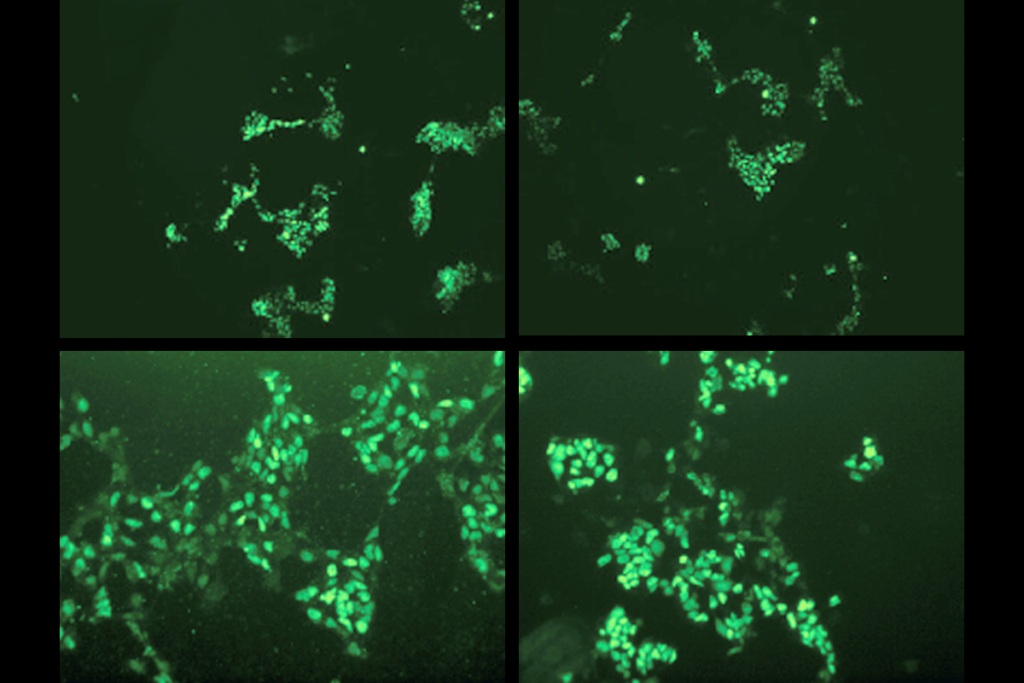Cognition and behavior: Oxytocin prevents seizures, improves behavior
The hormones oxytocin and vasopressin rescue social deficits — including resistance to change and a greater propensity for seizures — in mice lacking the oxytocin receptor, according to a study published in February in Biological Psychiatry.
The hormones oxytocin and vasopressin rescue social deficits — including resistance to change and a greater propensity for seizures — in mice lacking the oxytocin receptor, according to a study published in February in Biological Psychiatry.
Oxytocin has been much hyped for its role in enhancing empathy, which suggests that it could improve social deficits in people who have autism. Variants in the oxytocin receptor have also been linked to a higher likelihood of having autism.
The new study showed that mice lacking the oxytocin receptor are resistant to change, taking longer to adjust when a reward in a maze is moved. They also have trouble recognizing mice they already know and are more aggressive than controls. Each of these behaviors improves when the mice are given oxytocin and the related hormone vasopressin.
Mice lacking the oxytocin receptor are also more prone to seizures than controls are. Pretreatment with oxytocin prevents seizures in both groups.
The mutant mice also have fewer inhibitory neurons — which dampen signals in the brain — in the hippocampus. An imbalance between excitation and inhibition is known to cause seizures and has been linked to autism.
In mice lacking the oxytocin receptor, the hormone binds to the receptor for the closely related hormone vasopressin, the study found. Oxytocin treatment in people who have mutations in the oxytocin receptor could similarly improve social behavior and seizures.
Recommended reading

Developmental delay patterns differ with diagnosis; and more

Split gene therapy delivers promise in mice modeling Dravet syndrome

Changes in autism scores across childhood differ between girls and boys
Explore more from The Transmitter

Smell studies often use unnaturally high odor concentrations, analysis reveals

‘Natural Neuroscience: Toward a Systems Neuroscience of Natural Behaviors,’ an excerpt
